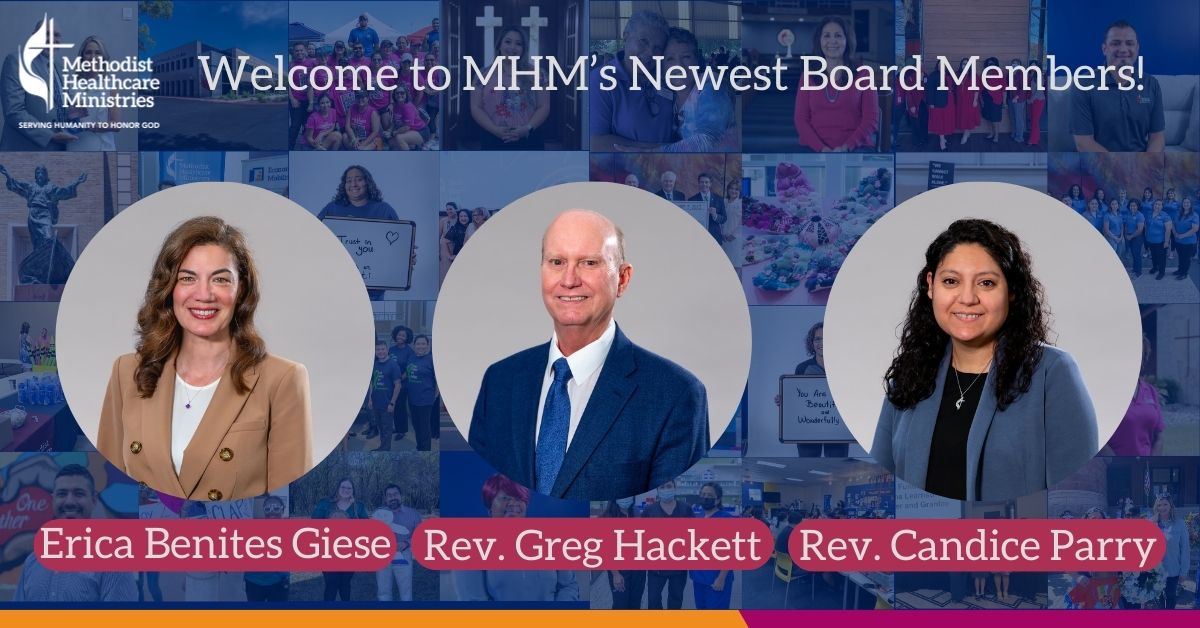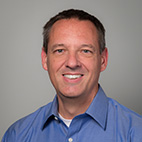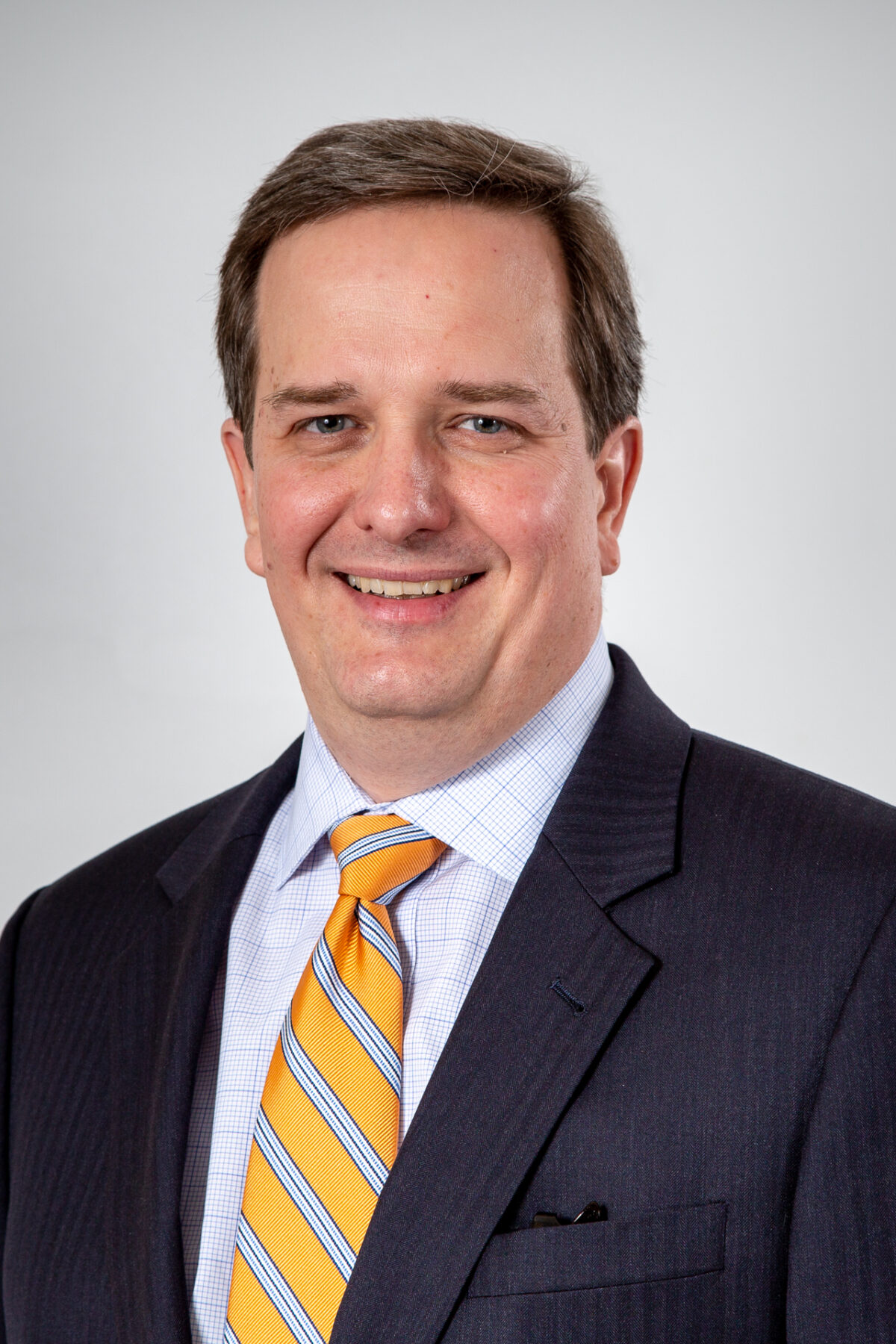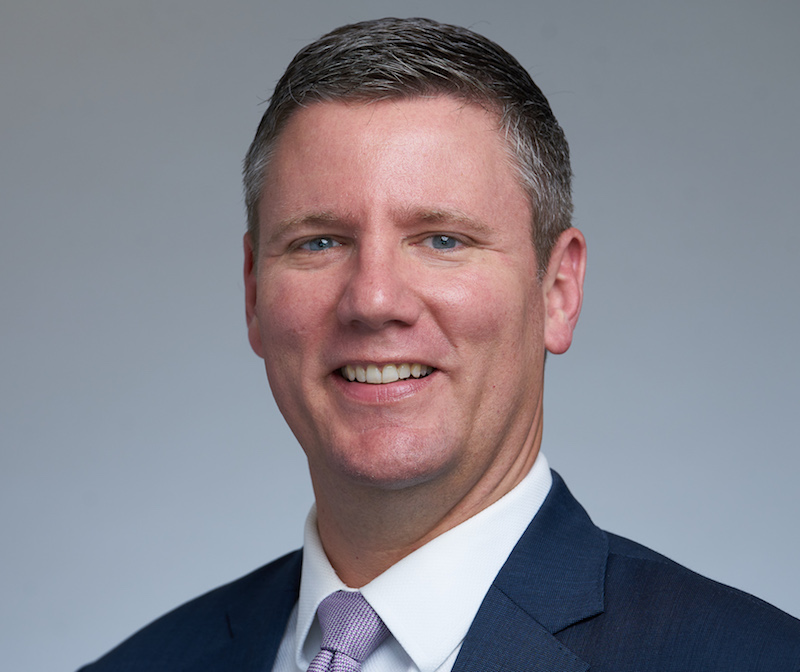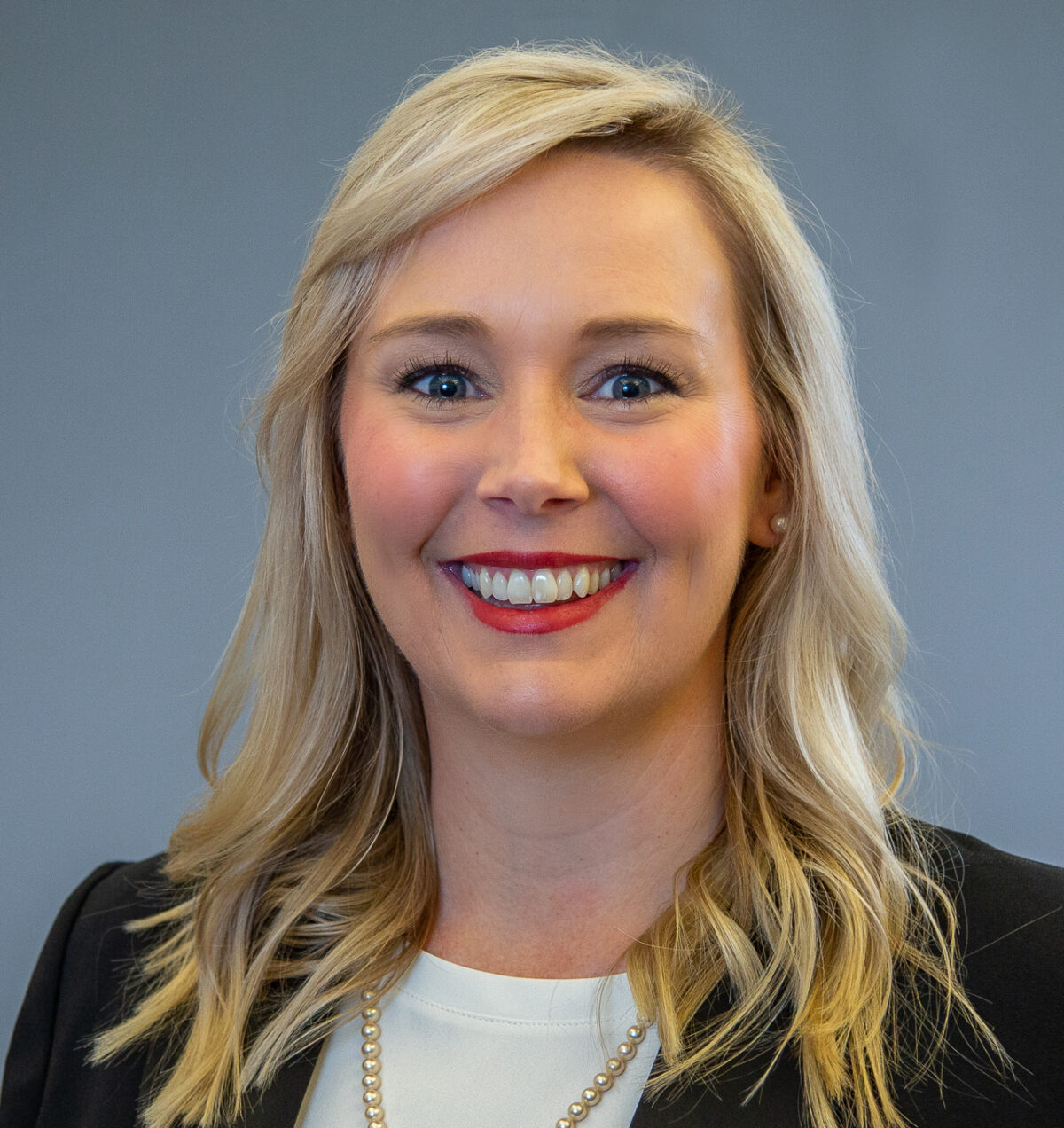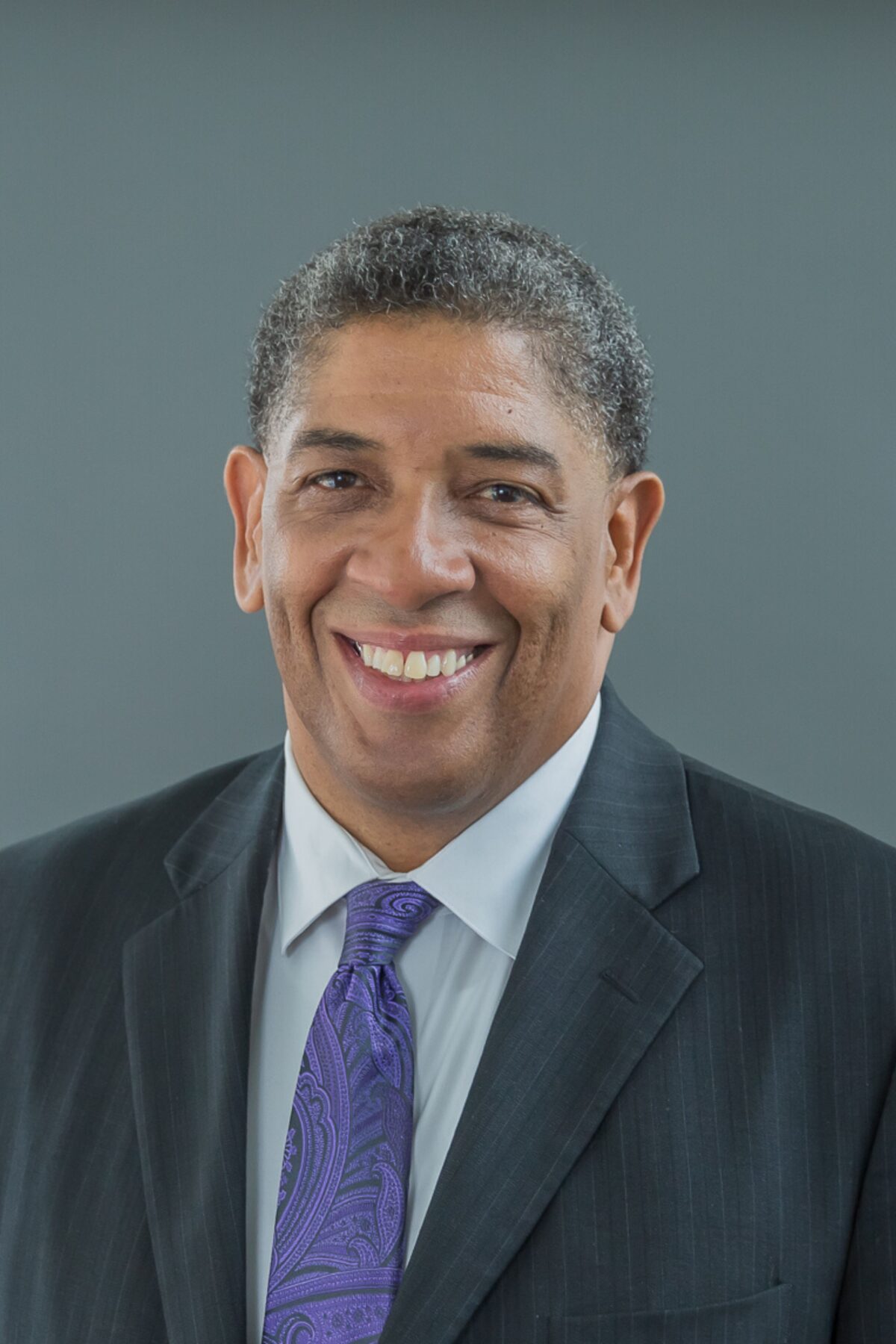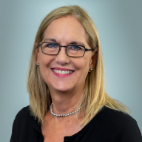Beyond the Boardroom: An MHM Journey through the Rio Grande Valley
Since 2020, Methodist Healthcare Ministries of South Texas, Inc. (MHM) has pursued a strategic journey to advance health equity across its 74-county service area. The organization has deepened its commitment to prioritize listening to and learning from various people with lived experience, which has led to significant strides in its journey. MHM walks alongside these individuals and families as they collaborate and seek solutions to improve the health and well-being of their communities. To continue this empowering engagement, MHM’s Board of Directors travelled to the Rio Grande Valley (RGV) in February. MHM’s Board sought to further their knowledge of the places and people the organization serves; throughout the week they met with local grantees, regional team members, and various community leaders and members. The trip served as an opportunity to see the impact MHM has made in the area and foster a deeper understanding of the disparities that still exist and the resilience that has formed.
A Broader Perspective of the RGV:
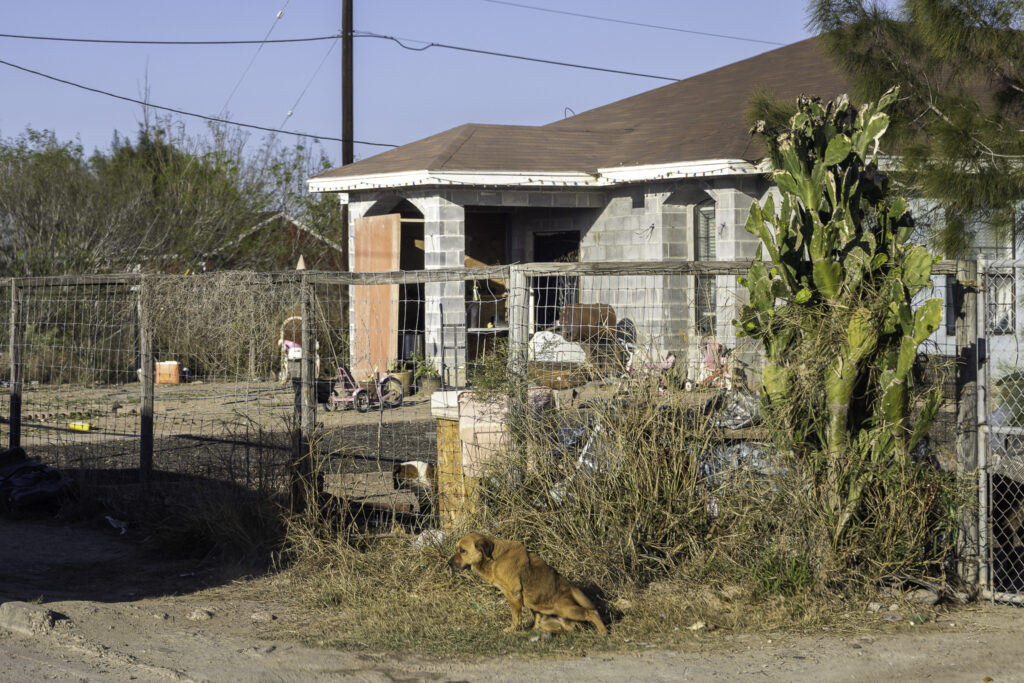
The RGV is one of MHM’s most populated service areas and is found in the southernmost tip of Texas. Over 1.3 million people reside in the RGV, with most of the population being Hispanic.1 The region is made up of four counties: Starr County, Hidalgo County, Cameron County, and Willacy County. Palm trees sprawl across dozens of adjoining cities and towns, each with unique characteristics and commonalties in culture. There is a blended dialogue of English and Spanish and generations of deep cultural traditions and values that dictate a strong sense of family, faith and resilience. Despite the growth of the RGV, the region continues to combat systemic inequities that disproportionately impact the well-being of economically disadvantaged individuals and families. Rural parts of the RGV lack access to nearby hospitals, grocery stores, and even libraries. Closer to the Texas-Mexico border are rural subdivisions referred to as ‘colonias’. These neighborhoods are commonly found in unincorporated areas and many households have a mixed immigration status.2 The journey to the RGV led the Board to several of these places where the group experienced firsthand how these factors have contributed to generations of health inequities and injustices.
Stories of Resilient Residents:
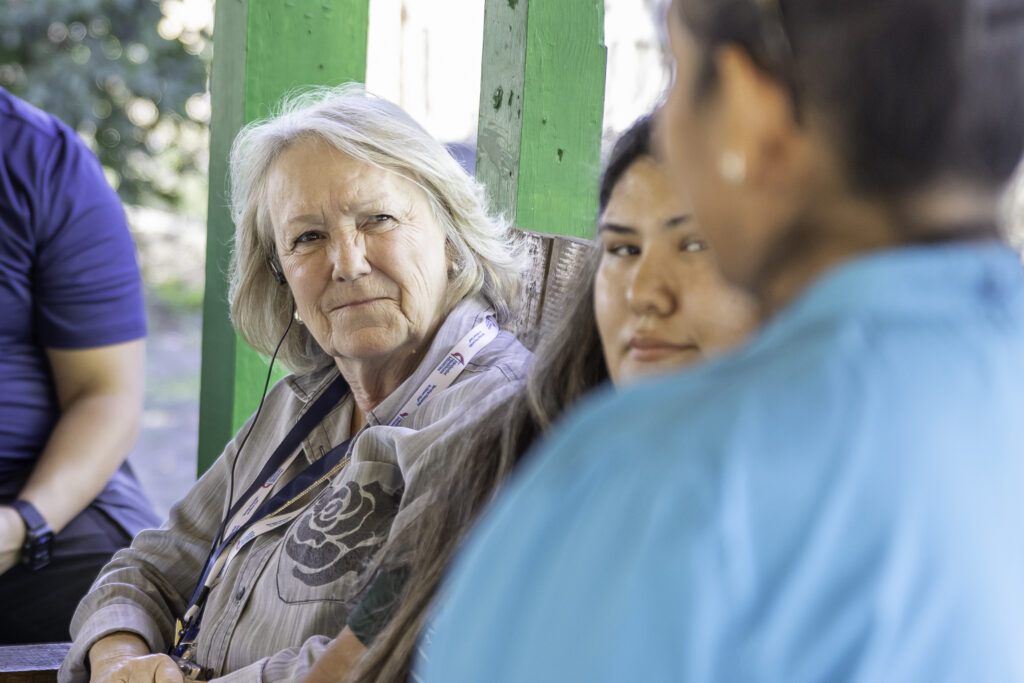
The MHM delegation first travelled from San Antonio to Hidalgo County – where most colonias are situated.3 The trip began with a stop at McAllen First United Methodist Church (FUMC) where the BOD also held their monthly meeting. Susan Hellums is a local board member who lives in McAllen; she welcomed the group and prepared them for their journey, “I’m excited for them to meet the people and see what’s off the beaten road and see what the valley is really like.” Hellums has served on MHM’s BOD for seven years, she underscored the importance of going beyond the board room to gain a broader perspective of communities, “People want to learn; they want to see what they are working for.”
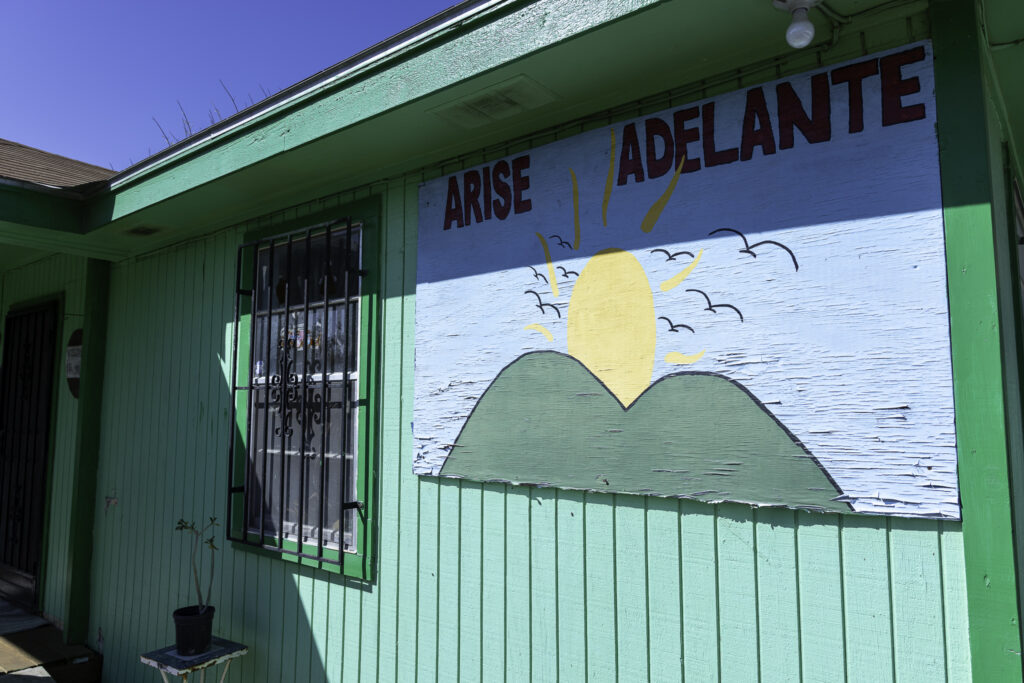
The BOD travelled from McAllen FUMC to ARISE Adelante in the city of Alamo. For over 30 years, the non-profit organization has promoted the personal development and empowerment of immigrants living in the RGV through resources, education, and support. The BOD arrived at the non-profit’s South Tower location which is based in a colonia. The building brightly stands out with its green exterior and logo of a sun rising over a hill, a symbolic illustration for a brighter future.
The BOD met with ARISE staff and members of MHM’s South Texas Community Council, who serve as a regional voice for the organization. Raymond Howard has served on MHM’s Community Council since 2022, “It’s important for leaders to see and understand from a personal perspective what people are dealing with and for communities to recognize they have a strong voice to influence the thinking with those that are in partnership with them.”
ARISE staff shared their experience working in colonias where residents navigate various barriers such as poor infrastructure, limited lighting, and access to care. The organization collaborates with colonia residents to build leadership capacity in the community and create a safer atmosphere as they work toward solutions.
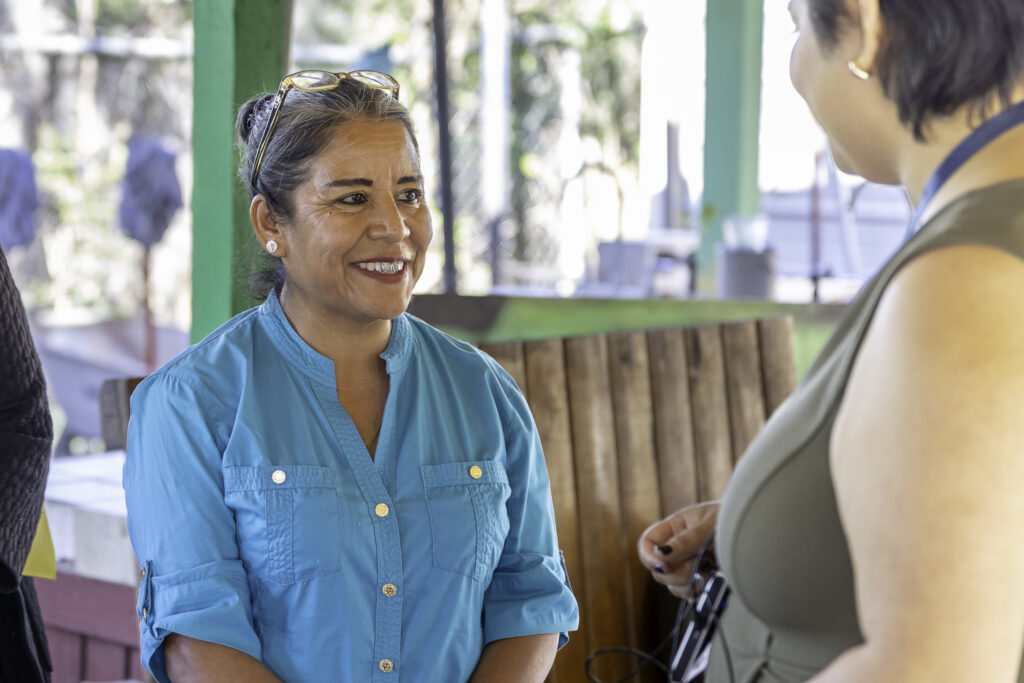
The BOD divided into separate groups and were introduced to colonia residents from the area. One group gathered under a small pavilion, where a woman shared her testimony. She and her husband came from the state of Hidalgo, Mexico and have lived in a colonia for over 20 years. Her husband was dealing with serious health issues and she tearfully expressed how she must navigate through transportation barriers to get him to medical appointments. Despite her concerns, she remained steadfast in her faith and grateful for the support and community she found with ARISE. She asked the group to pray for her husband’s health before they departed; MHM BOD, Reverend Dr. Robert Lopez offered to lead them in prayer. He expressed the importance of standing in solidarity with one another, “Praying is a form of hope. It’s important to hear the person’s story; this is a person with a husband who has medical issues and should be treated with dignity. This woman was very brave to share her story.”
“This is a person with a husband who has medical issues and should be treated with dignity.”
Reverend Dr. Robert Lopez, MHM BOARD MEMBER

To further their knowledge of the region, the BOD travelled to Donna Lake located south of the city of Donna. At first sight, the lake appears picture-perfect, but nearby signs paint a different image. Although the lake is a source of drinking water and irrigation to nearby areas, ARISE staff explained there are risks associated with the fish in the water, which reportedly contain traces of polychlorinated biphenyls (PCBs).4 Although physical signs pointed to the dangers of consuming fish, the water is often used as a source for recreational fishing and a way for residents to still provide for their families.
Deepening Knowledge and Connection:
The next morning began at La Unión de Pueblo Entero (LUPE), an organization that was started by labor rights activists, César E. Chávez and Dolores Huerta in 1989. The BOD travelled to LUPE’s headquarters in the city of San Juan to learn about the organization’s ranging services. The staff explained how they assist people with social services and English classes to fighting deportation and pushing for adequate streetlights and drainage systems in colonias. The BOD later travelled to a nearby colonia where progress was being made.

Board members from the national nonprofit organization, Grantmakers in Health (GIH) had previously toured the colonia with a delegation of MHM team members in March 2024. At the time residents shared their concerns over flooding and the muddied road which laid the path to their homes. However, steps were taken to fix the poorly paved road which is now easier to navigate. There was also anticipation for a future park that would be built nearby; a place for recreation and congregation. However, residents and advocates are still working toward public lighting and proper drainage for the colonia. One woman has lived in the area for over 30 years with her family, she said the progress gives her hope. The BOD travelled to another community where residents navigate a range of similar adversities. Although both colonias experience a unique set of challenges, residents share a common strength. Dr. Rudyard Hilliard has served on MHM’s BOD for over a year, “What inspires me most is the dignity of people and their passion. It inspires me to do more. It’s important to make a connection to the people we are serving.”
“What inspires me most is the dignity of people and their passion. It inspires me to do more.”
Dr. Rudyard Hilliard, MHM BOARD MEMBER
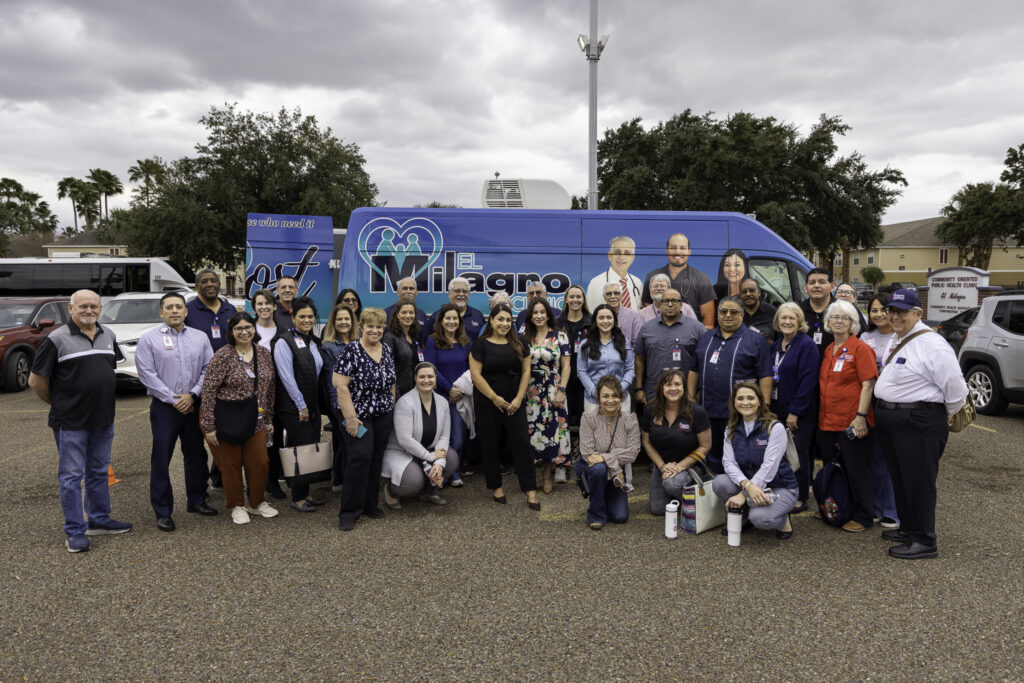
The BOD later toured El Milagro Clinic, in the city of McAllen. The clinic is a MHM grantee focused on providing various services that include disease prevention, primary and behavioral health care services to patients. The BOD learned how the clinic goes beyond its doors and into rural communities in the form of a mobile clinic. El Milagro Clinic also serves as a network of nutrition and includes a stocked food pantry that patients can access. The day ended with a gathering of regional MHM team members who shared the stories of their communities. The BOD met with Wesley Nurses, Community Health Workers, and Community Counselors to hear about their experiences working with various individuals and families in the area. The exchange of insights and information helped the BOD piece together the unique challenges and strengths that make up the RGV.
The Rural Reality:
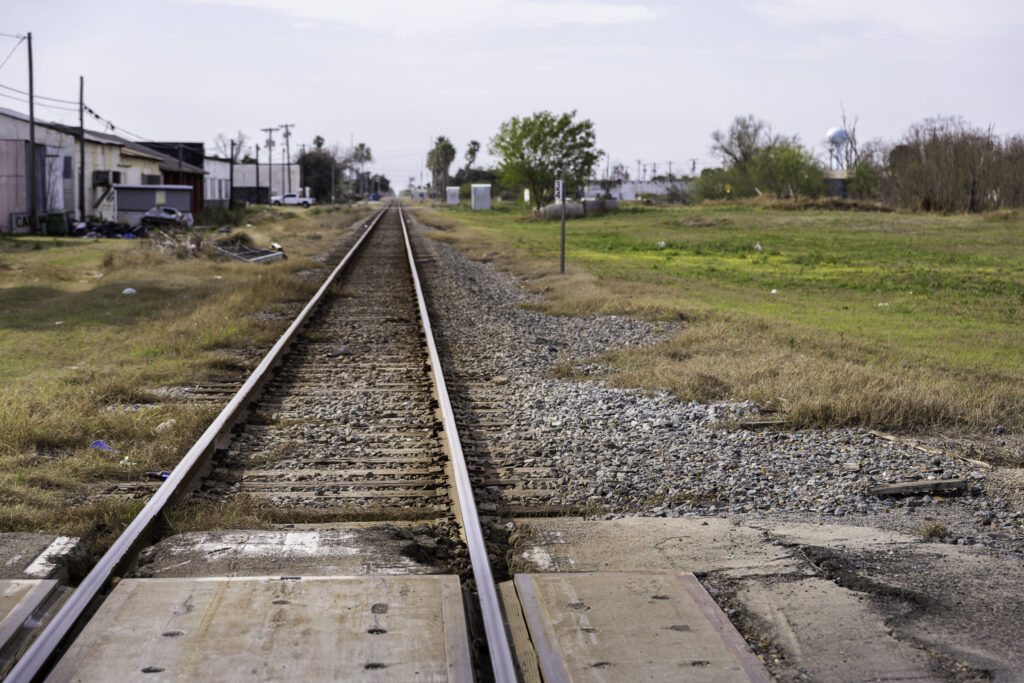
On the final day of their trip the BOD ventured to the community of Raymondville in Willacy County. Although it is just an hour away from Hidalgo County there is a stark contrast between the two regions. The population is much smaller, with just over 20,000 people who reside across a rural backdrop.6 The BOD met with Angela Gonzalez who is the Wesley Nurse in the area. Gonzalez works out of Raymondville Methodist Church which also serves as a food pantry to the county. She brings food from the church’s pantry to a nearby community center in the town of LaSara. The community center is a place for residents to connect with various resources and build bonds with one another. The BOD met with residents to hear their testimonies and challenges of living in a rural community. Some residents pointed to the lack of nearby jobs and long commutes to hospitals and grocery stores. Although they each expressed a desire for the town to grow, they also shared their joys of living in a tight-knit community.
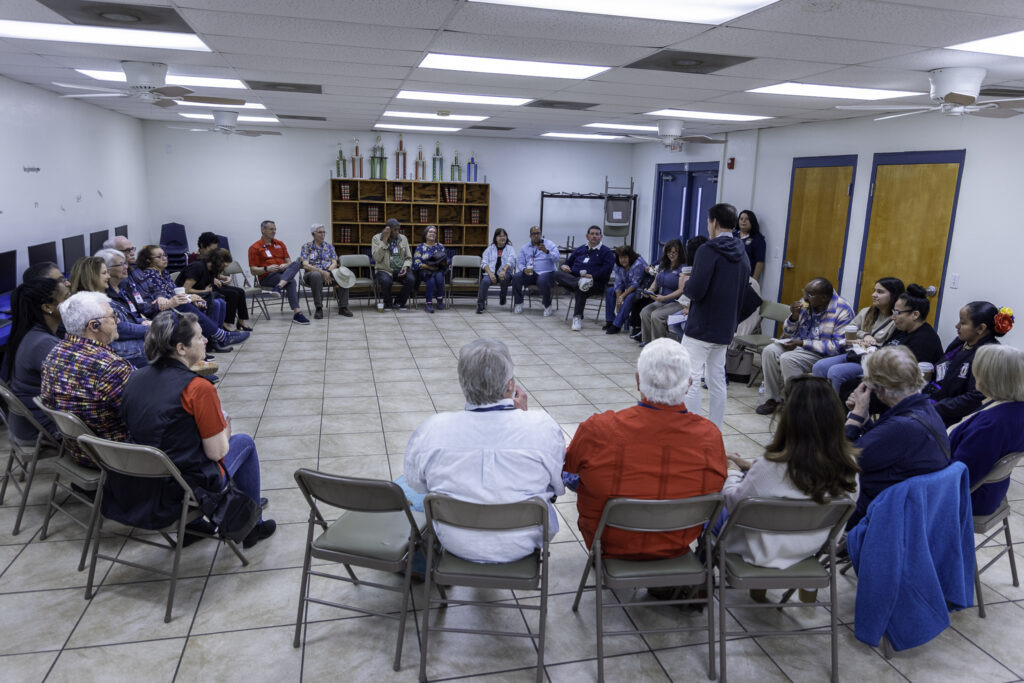
Ashley Landers has served as a BOD for four years and is the current vice-chair of mission. She believes in the importance of going into the communities, “When you’re in a boardroom it’s like you’re doing business and when you’re visiting the people you, serve it changes from business to individuals.” By witnessing and learning from others, Landers believes more progress can be made in MHM’s journey, “It’s the way you operate with your decision making – driven by empathy and emotional connection to people. When you can do these types of trips that comes to the forefront, and I think makes you a better board member.”
“When you’re visiting the people you, serve it changes from business to individuals.”
ashely landers, mhm board vice-chair of mission
The Journey Forward:

As their trip to the RGV came to an end, the BOD gained a new perspective of the region. By experiencing and learning from others, the BOD can continue to make impactful decisions. Each community the BOD visited is a piece to MHM’s purpose. Although residents experience a mix of problems there is also partnership and perseverance. MHM understands the value of walking alongside communities as it seeks to fully live out its mission, “Serving Humanity to Honor God”. Although inequities persist, the work to improve the wellness of the least served will continue.


